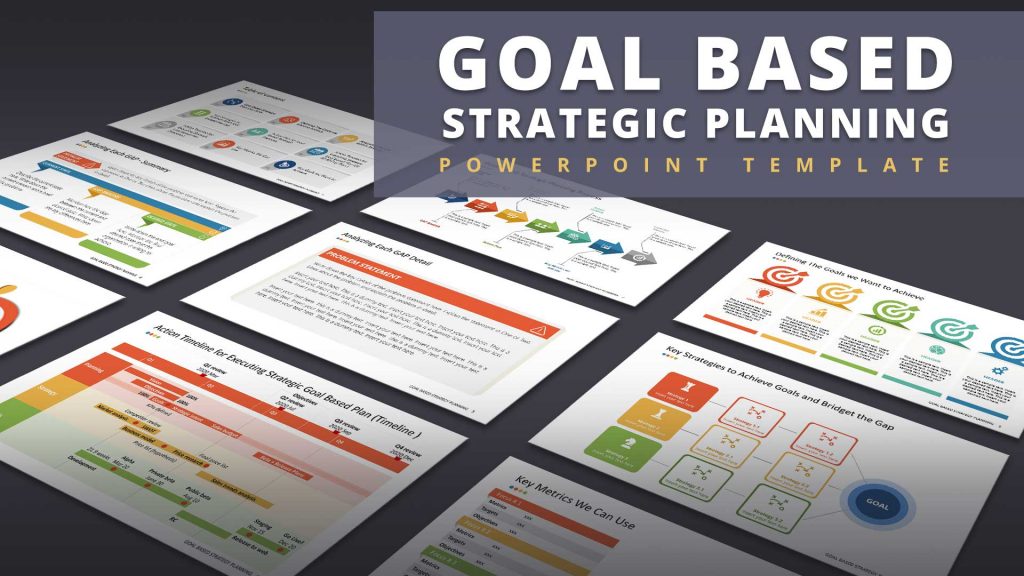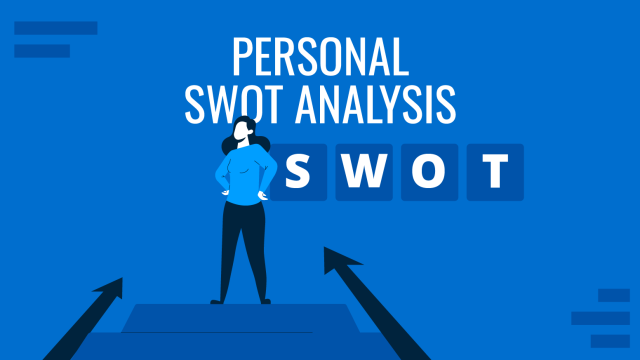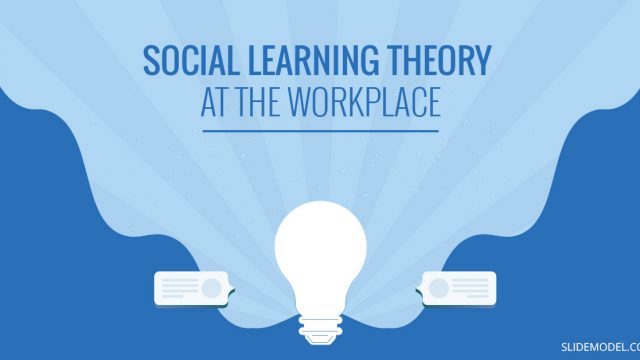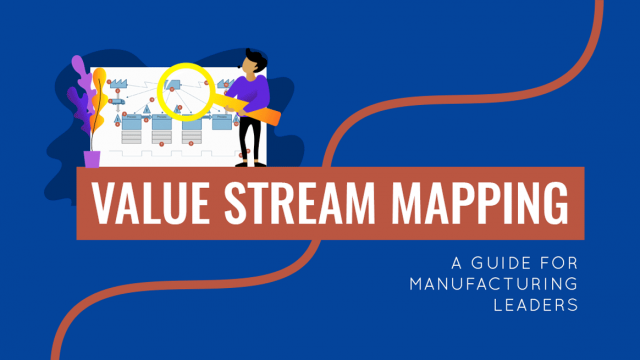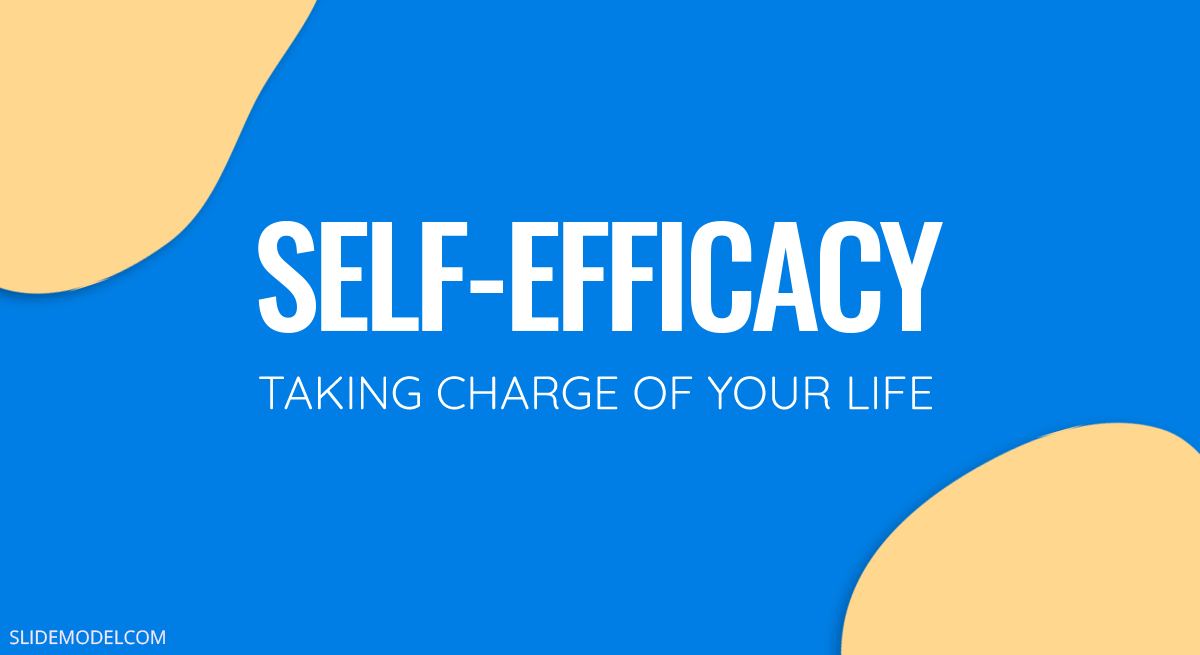
There are times when you look at a particular task and have a firm belief that you can not only get it done, but do it with perfection. Other times, tasks seem too difficult to perform, and the challenge seems impossible.
It might be logical to think that most people are confident enough to know they have the skills to perform; this attitude results from experience. The key to unlocking your true capabilities is not just limited to skill and expertise but also self-efficacy; it’s not a secret formula but a genuine concept with a scientific background and proven results.
What is Albert Bandura’s Self-Efficacy Theory?
According to Canadian-American psychologist Albert Bandura, self-efficacy is the personal judgment of how someone can manage a situation according to their skills and circumstances. Self-efficacy affects an individual’s ability to face a challenge and the choices that result in the outcome.
According to Bandura, a strong sense of self-efficacy results in viewing challenges as something to be mastered rather than to be avoided. Hence, self-efficacy is essential for human accomplishments and is also necessary to ensure personal well-being. On the contrary, low self-efficacy results in one viewing challenging tasks as threats to avoid. This can be anything as basic as presenting a PowerPoint presentation to performing complex tasks at the workplace.
What are the 4 Sources of Self-Efficacy?
The 4 sources of self-efficacy include mastery experiences, social modeling, verbal persuasion, and psychological feedback.
1. Mastery Experiences
Bandura believes that the most effective method to build self-efficacy is mastery experiences. This means that one can build self-efficacy by engaging in challenging tasks. Overcoming these challenges over time will enable one to be more confident in achieving goals, and build confidence. Mastery experiences can help improve one’s outlook towards challenging tasks by making them appear as hurdles to overcome instead of threats to avoid.
2. Social Modeling
Social modeling or vicarious experiences can be another source of self-efficacy. Seeing someone similar to yourself succeed can motivate you to achieve complex tasks.
Suppose you see an individual succeed, whom you consider similar to yourself. In that case, this can instill the belief that you too can achieve a difficult task and have the necessary capability of overcoming similar challenges. Social modeling can have both a positive or negative impact. Just like seeing someone similar to you succeed can be a motivating factor, seeing such an individual fail can result in demotivation and low self-efficacy. Hence, the greater the perceived similarity, the more persuasive the model will appear to be.
3. Verbal Persuasion
Social or verbal persuasion refers to the positive feedback that can help motivate an individual. This feedback works for people of all ages but is more likely to build self-efficacy if received at an early age. For example, a child who is encouraged to achieve difficult tasks through encouragement from parents might achieve high self-efficacy. Viewing challenges as obstacles to be overcome rather than avoiding them. We can argue that the same is true for someone receiving negative feedback from an early age, resulting in low self-efficacy.
Verbal persuasion helps strengthen the belief that a task is being performed correctly and encourages the individual to overcome hurdles with the self-belief that they have the necessary capability to achieve desired goals.
4. Psychological Feedback
The psychological feedback or emotional arousal of an individual plays an important role in affecting self-efficacy. One is likely to perform challenging tasks better in a good mood rather than a fragile emotional state. This is because the physical and psychological well-being and emotions can affect how someone views their ability in a given situation.
When suffering from anxiety or depression, it is common to doubt your skills and capabilities. Even emotional arousal in such a case might be marred by doubts rather than giving the motivation needed to persevere. This is why managing stress and anxiety can be an effective way of improving self-efficacy.
Why is Self-Efficacy Important?
People are more likely to adopt healthy behavior when they feel confident enough to carry out the tasks necessary to maintain those behaviors. For example, someone suffering from health-related issues is likely to exercise when he/she believes they can maintain a healthy routine. Self-efficacy, in this case, can play a role in helping one to adopt healthy habits. Similarly, the belief that one can overcome obstacles can also enable people to achieve success in their academic endeavors or professional life or even to overcome phobias.
Is Self-Efficacy the Same as Confidence?
Self-efficacy is the belief in perceived abilities, whereas confidence or self-confidence is the sense of trust in one’s judgment, qualities, and abilities. To better understand the difference between the two, let’s look at a few standard definitions.
Confidence
“The quality of being certain of your abilities or of having trust in people, plans, or the future”.
Cambridge Dictionary
Self-Efficacy
“A person’s belief that they can be successful when carrying out a particular task”.
Cambridge Dictionary
An increase in self-efficacy can help drive confidence in an individual, resulting in their ability to perform tasks and overcome challenges. The belief that one has the necessary capability to perform a task can be perceived as a prerequisite in building confidence and moving towards achieving the desired goal.
What are Some Examples of Self-Efficacy?
To build self-efficacy it is important to consider the four sources mentioned in earlier sections namely, mastery experiences, social modeling, verbal persuasion and psychological feedback. Below are a few examples of self-efficacy to help explain how to achieve high self-efficacy.
Overcoming the Fear of Public Speaking
Many people fear public speaking. Also known as Glossophobia, some researchers have found it to be the number one fear that most people suffer. In a survey by the National Institute of Mental Health in the United States, 75% of people ranked the fear of public speaking as their number one fear. The fear of public speaking has at times even ranked higher than the fear of death.
Not everyone starts as a brilliant public speaker. Many people strive to improve their public speaking skills and overcome their fear to become good at it. This is an example of self-efficacy. For example, someone who might fear public speaking might meticulously research their topic, practice their speech, seek advice from friends, rehearse before a friendly crowd and deliver a worthy presentation. As the individual improves his/her skills through mastery experiences, the level of self-efficacy shall increase until the fear of public speaking becomes minimal or even goes away completely.
Mastering a Skill that Seems Impossible to Learn
There are a number of skills that we learn after trial, and error. Be it riding a bicycle, driving a car or even learning to walk when we are young. A toddler who learns to walk does not do so by giving up but rather trying to learn walking. In life, we learn many skills not because we were always good at them but because we kept pushing the envelope until we were able to master them. A good way of building self-efficacy is to follow the same concept. Over time, practice, trial and error can help people learn skills that might seem impossible.
Some famous people who have been known to lead their respective industries suffered from learning disorders. A few examples include Steven Spielberg, Richard Branson and Tommy Hilfiger, all of whom suffered from Dyslexia.
Meeting a Goal Deemed Unrealistic
At the workplace, sometimes short deadlines, peer pressure, and the heavy-handed organizational culture approach can result in either people breaking down and failing or achieving goals deemed unrealistic. The same can also be said for an organization that has a corporate culture that is more forgiving. The difference in achieving goals and failing can be perhaps attributed to self-efficacy in both cases. This is because regardless of the challenges before you, it takes self-belief to succeed.
There are many examples of extraordinary feats achieved by people who, despite incredible odds, did the impossible. Stephen William Hawking despite suffering from Amyotrophic Lateral Sclerosis (ALS) became one of the most influential theoretical physicists in the world. Even Albert Einstein’s childhood seemed like that of an individual destined to fail. But they both achieved the seemingly impossible, an example of self-efficacy.
Overcoming Consistent Failure
If you think overcoming consistent failure is hard, imagine Walt Disney who in his early days as an aspiring cartoonist for a newspaper, lost his job because he was not deemed ‘creative enough’. It is common for people to suffer from a rough patch in their lives when nothing seems to work out. Failure can be a result of both circumstances and low self-efficacy. However, overcoming such failure with hard work and perseverance is an example of self-efficacy.
What Causes Low Self-Efficacy?
Low-self efficacy or the lack of belief in one’s abilities can be a result of multiple causes such as consistent failure, social modeling (seeing someone similar to you fail), negative verbal feedback and stress and anxiety. There can be a number of issues associated with low self-efficacy, some of which have been explained below.
Low Self-Esteem
Someone with low self-esteem can be critical of themselves, ignore their achievements and positive qualities, and have a self-blaming attitude. This negative outlook towards life can be a result of low self-efficacy, resulting in one perceiving challenges as a threat.
Fear of Judgement
When showered with consistent negative feedback, one can suffer from fear of judgment, especially in the case of failure. This can result in low self-efficacy. When reinforced from an early age, such negative feedback can have a damaging effect on one’s personality and might take a lot of effort to overcome.
Negative Feelings
One of the best ways to improve self-efficacy is to manage stress and anxiety. Negative feelings can affect self-efficacy, resulting in low confidence. Therefore, it is important to avoid negative feelings and focus on the task at hand to drive self-efficacy, regain confidence and improve your outlook towards life.
Final Words
Understanding self-efficacy can help you take control of your destiny. Instead of feeling discouraged and unable to improve your life, simply changing your perspective can be a game-changer. This is not to say that you will not meet failure; however, overcoming failure with perseverance can help transform your life. The best way to do that is to consider the four sources of self-efficacy. Building your self-efficacy on mastery experiences, motivating yourself through social modeling, and surrounding yourself with people who can help boost your confidence through verbal persuasion can be a start. Furthermore, you can help manage your anxiety and stress through lifestyle changes such as physical exercise, breathing exercises, a healthy diet, regulating sleep, etc.
Understanding self-efficacy can help achieve both short-term and long-term goals and improve your outlook towards life. It can enable you to better train your mind to respond to challenges rather than shying away from them. This can help not only reinforce positive behavior but also enable you to achieve desired goals. Alternatively, check our article about SWOT Analysis examples and our complete collection of coaching PowerPoint templates and SWOT analysis presentation templates.
